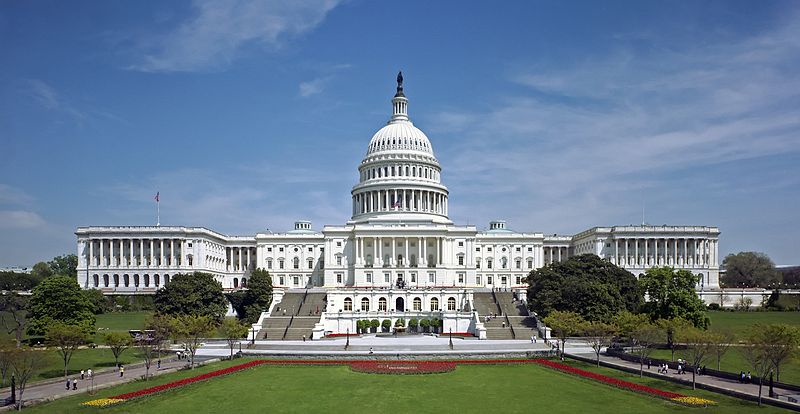
The Nuke Review
Tuesday, March 20
Secretary of State Clinton declared that 11 countries will be exempted from NDAA Section 1245 sanctions for a period of 180 days due to their reductions in purchases of Iranian oil. Secretary Clinton singled out Japan for additional praise saying, “Japan’s significant reductions in crude oil purchases is also especially noteworthy considering the extraordinary energy and other challenges it has faced over the past year. We commend these countries for their actions and urge other nations that import oil from Iran to follow their example.”
Thursday, March 22
According to Dr. Matthew Levitt of The Washington Institute, Iran seems more willing to approve attacks in the United States he said in a hearing before the House Committee on Homeland Security, “It is no longer clear that Iran sees carrying out an attack in the United States as crossing some sort of red line.” However, Dr. Levitt felt that Hezbollah, long thought as a client of Iran, may not attack American targets if asked to do so by Iran.
Friday, March 23
Reuters released a special report on the Iranian nuclear program, concluding that the threat is not imminent in interviews with current and former U.S. and European officials. The report says that both the U.S. and Israel believe that it will take Iran one year to produce a nuclear weapon and one to two years to develop a missile delivery platform. Both countries believe that Iran has not made a decision to make a bomb but is developing technologies and capabilities that would allow construction of one.
The Congressional Research Service released a report detailing the Iranian regime, its strategic capabilities, foreign policy support and support for terrorist groups, and U.S. policy approaches.
Monday, March 26
President Obama spoke ahead of the global nuclear security summit in South Korea and described the prospect of more bilateral cuts in nuclear arms between Russia and the United States. He stated that, “I firmly believe that we can ensure the security of the United States and our allies, maintain a strong deterrent against any threat, and still pursue further reductions in our nuclear arsenal.” However, he might find any reductions in the nuclear force a hard sell in such a contested election year and to President Putin who has pledged to reinvigorate the Russian military.
Tuesday, March 27
Good news for those who live in Washington D.C.; a 10-kiloton nuclear detonation would not destroy the entire city and would actually be relatively survivable. A report by FEMA described an attack centered on the intersection of 16th and K St., which would level most buildings within a half mile radius and cause significant damage to buildings within a half mile to one mile range. But the Capitol, Supreme Court, and most of the Mall would only sustain “light damage.”
The Congressional Research Service released a report detailing a possible Israeli military action against Iran’s nuclear program. It discusses the Israeli decision-making process and factors that will affect an Israeli decision to attack.
President Obama said at the 2012 Nuclear Security Summit, that there are too many “bad actors” in the world attempting to obtain nuclear materials. Mr. Obama added, “These dangerous materials are still vulnerable in too many places.”






[…] What does Pakistan want? […]